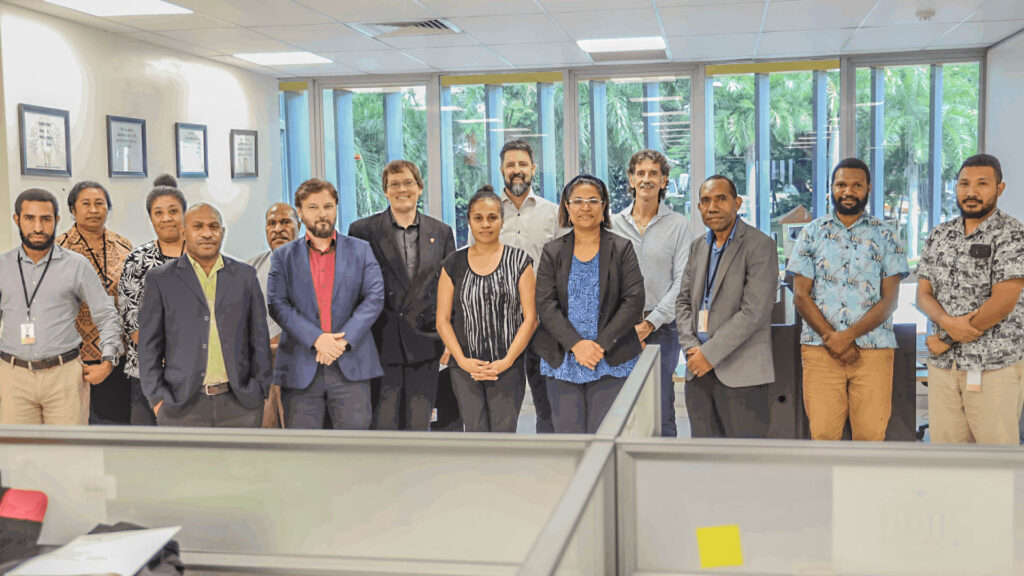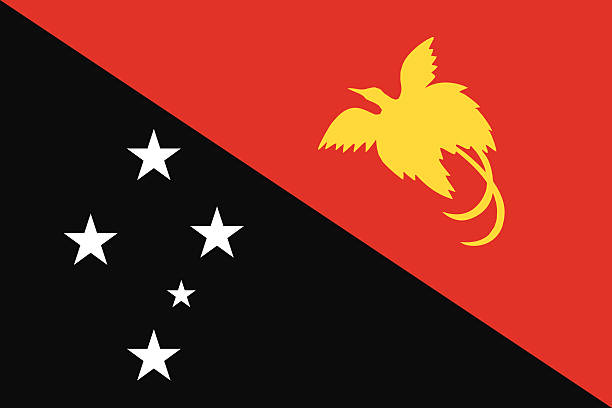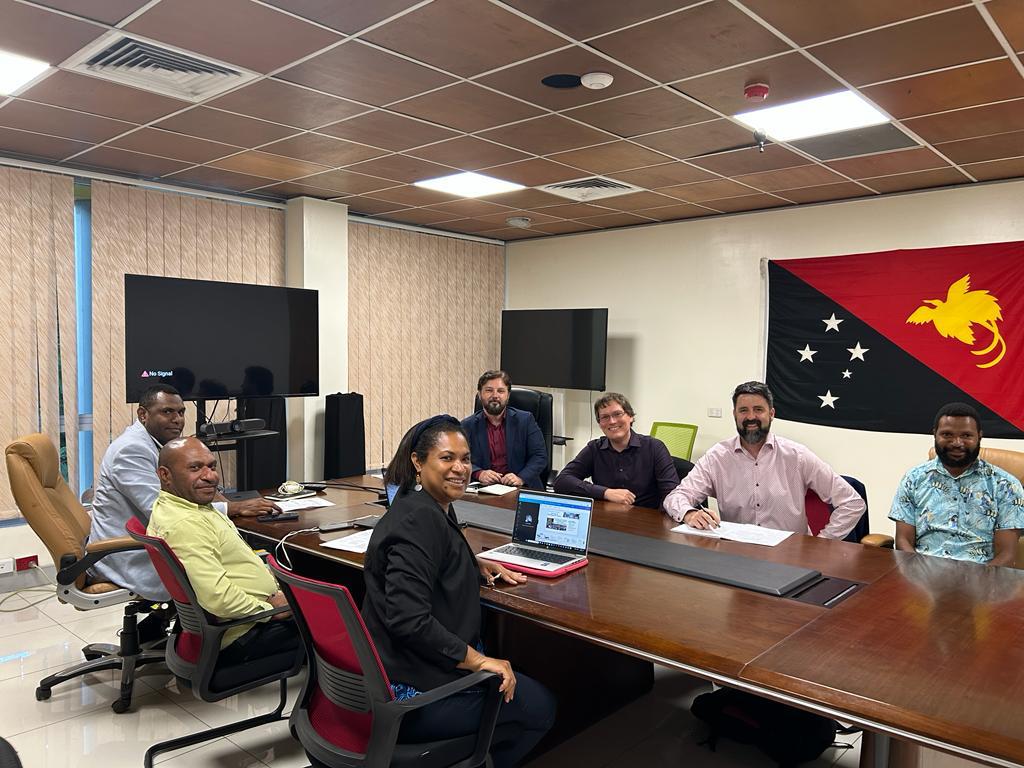Thursday 15 June 2023

DICT Policy Team, PNG Digital ICT Cluster and Romania’s CLUJ IT team after a clusterization workshop at the Department of Information and Communications Technology’s Office in Port Moresby.
The PNG Department of Information and Communications Technology (DICT) hosted a cluster workshop with the PNG Digital ICT Cluster and the Cluj IT team from Romania, who are currently on an official visit to Papua New Guinea.
The essence of the workshop, was to discuss the development of a framework on the National ICT Clusterization policy and strategy.
ICT clusterization is a formation of clusters that involves bringing together technology-related businesses, startups, professionals, and support organizations in a geographical area with the goal of promoting collaboration, innovation, and growth within the sector.
It also aims to create an environment that fosters knowledge sharing, networking, and synergies among ICT companies and stakeholders.
Deputy Secretary for Policy and Emerging Technology, Mr. Flierl Shongol, presented the overview of the policy and its expectations and goals, adding the primary objective of the policy is to enable digital transformation in PNG under the Digital Government Act 2022.
“The main issues addressed in this policy are in terms of affordability, accessibility and reliability of ICT services in the rural and semi-urban settlements,” stated Mr Shongol.
CLUJ IT Cluster Vice President and representative Mr. Daniel Homorodean stated that access to local and international markets is a key component for the ICT cluster policy.
“To actively create access market for ICT entrepreneurs and IT businesses can be a great starting point for the government to support ICT cluster and develop the ICT Sector,” said Mr Homorodean.
Ms. Winifred Kula, President of the PNG ICT Cluster, shared her insights regarding the obstacles faced by IT professionals, as well as ICT SMEs and startups in Papua New Guinea.
Ms. Kula highlighted challenges related to the ICT procurement process, digital/IT skills and accreditation, education, coordination, and intellectual property.
Manager for Strategic and Planning Mr. David Kapi said, that the development of the cluster policy from the outcome of the meeting intends to be an independent body to operate separately from the government, although the PNG government, being the largest consumer, would continue to provide continuous support for the ICT cluster policy.
Mr Kapi stated that the insights provided in this workshop will ensure the department will devise the baseline for which the policy will be drafted.
“The DICT policy team will draft the framework and engage key stakeholders in consultations to gather further feedback and comments.”
By clustering ICT entities, such as software development firms, digital service providers, research institutions, and educational facilities, a region can benefit from increased opportunities for partnership, investment, talent development, and market access.
Clusterization also enables collective efforts in addressing common challenges, advocating for policy changes, and leveraging shared resources to enhance the overall competitiveness and development of the ICT sector within the cluster.


